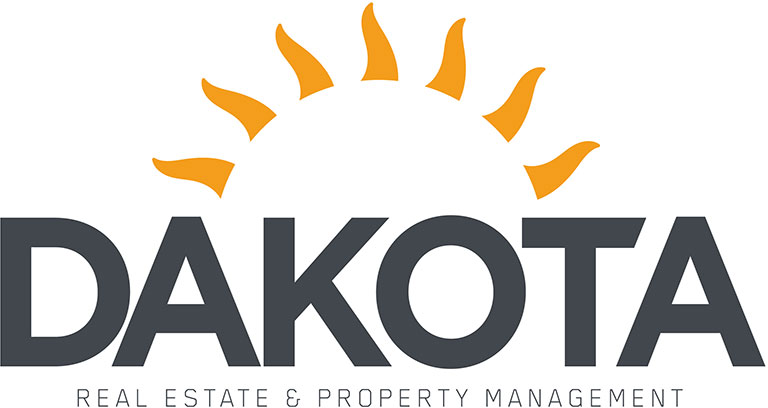Mastering Rental Property Finances: Budgeting, Forecasting, and Leveraging Property Management Companies

Owning rental property offers a promising avenue for generating passive income, but navigating the financial aspects can be complex. From budgeting and forecasting to handling unforeseen expenses, effective management is key to success. In this guide, we’ll delve into essential tips for managing rental property finances, emphasizing the importance of personal property reserves for unexpected costs. Additionally, we’ll explore how partnering with a property management company can streamline operations and enhance overall success.
Introduction:
Successfully managing rental property finances requires a blend of strategic planning, foresight, and proactive decision-making. Landlords must navigate various financial challenges, from budgeting for routine maintenance to preparing for unforeseen expenses that can impact cash flow. In this guide, we’ll uncover valuable insights into budgeting, forecasting, and the crucial role of personal property reserves. Furthermore, we’ll explore how enlisting the services of a property management company can optimize financial management and elevate the overall performance of rental properties.
Budgeting and Forecasting
Budgeting and forecasting serve as fundamental pillars of effective financial management for rental properties. Here’s how landlords can leverage these tools to maintain financial stability and maximize returns:
- Budgeting Essentials: Begin by meticulously documenting all sources of income and expenses associated with your rental property. From mortgage payments and property taxes to maintenance costs and utilities, a comprehensive budget provides clarity on financial inflows and outflows.
- Allocating for Unforeseen Expenses: While budgeting, it’s imperative to allocate funds for unforeseen expenses, such as emergency repairs or unexpected vacancies. Establishing a personal property reserve acts as a financial safety net, safeguarding against disruptions to cash flow and ensuring the continued operation of your rental property.
- Strategic Forecasting: Utilize historical data and market insights to forecast future income and expenses accurately. By anticipating potential fluctuations in rental demand, property values, and maintenance costs, landlords can make informed decisions and adjust their financial strategies proactively.
- Long-Term Planning: Incorporate long-term expenses, such as major renovations or capital improvements, into your budget and forecasting efforts. Planning for these investments in advance allows for smoother implementation and minimizes financial strain over time.
- Partnering with a Property Management Company:
Enlisting the expertise of a property management company can significantly enhance the financial management and overall success of rental properties. Here’s how these professionals can add value to your investment:
- Expertise and Industry Knowledge: Property management companies bring extensive expertise and industry knowledge to the table. From marketing vacancies and screening tenants to negotiating leases and handling maintenance requests, their comprehensive understanding of the rental market ensures efficient operations and optimal financial performance.
- 24/7 Maintenance Support: Property management companies typically offer round-the-clock maintenance support, ensuring that maintenance issues are addressed promptly and effectively. By minimizing property downtime and mitigating potential damages, landlords can preserve property value and maximize rental income.
- Tenant Relations and Rent Collection: Managing tenant relations and rent collection can be time-consuming and challenging for landlords. Property management companies streamline these processes by handling tenant inquiries, enforcing lease agreements, and ensuring timely rent payments. This results in improved cash flow management and reduced delinquencies.
- Risk Mitigation: Property management companies employ robust risk management strategies to protect landlords from potential liabilities and legal disputes. From thorough tenant screening to proactive property inspections, they prioritize risk mitigation, safeguarding landlords’ interests, and financial well-being.
Effective financial management is paramount for the success of rental property investments. By implementing strategic budgeting, forecasting, and personal property reserves, landlords can navigate financial challenges with confidence and resilience. Moreover, partnering with a reputable property management company offers numerous benefits, including expert guidance, operational efficiency, and risk mitigation. By leveraging these resources and strategies, landlords can optimize the financial performance of their rental properties and achieve long-term success in the dynamic real estate market.
